We’ve finished season two of Westworld on Sunday and we’re still untangling what it all means. Did toxic masculinity win the day? Will the women, people of color, and women of color create a new world order? Is it even “now?” Check out my analysis of the second half of the season below.
S2E1: The Good, The Bad, & The Ugly: The Westworld Season Premiere
The season two premiere of Westworld went live last night and so much happened. SPOILER ALERT: The hosts have taken over the park! The hosts are all dead! The humans are taking back control! The newly-in-control humans don’t know there’s (at least) one host in their midst! There’s a lot to untangle.
I was watching to see if this new season would serve as a referendum on the toxic masculinity that propelled the first ten episodes. Yes, the nudity was still explicit (hello genitalia!) and the violence was still intense (particularly the gory scalping of a Native American character – reliving this genocide in squishy detail only serves to dehumanize real indigenous people). But last night I was particularly disappointed in how the show insisted that its most badass ladies – Maeve and Dolores – need romantic storylines.
S2E2: We’re HERE for Dolores
There was one truly electrifying moment on last night’s Westworld: Dolores declared herself God with the power, knowledge, and ability to choose who lives and who dies. It sent my imagination on a powerful journey: what would the world look like if we replaced all the old white men in power with righteous rape survivors? Coming off the Cosby conviction last week and Larry Nassar’s before that, the force of it ran through me like a lightning bolt. Yes! I want to see this new world order!
S2E3: The Women Warriors of Westworld
Season two is all about women taking charge. Much of it is so satisfying. Some of it is intensely problematic. Welcome to Westworld. Spoilers ahead. Last night’s episode began with a cold open – we learned that the stray tiger didn’t come from the Sumari section of the park but rather “The Raj,” a playland where guests get to be white people in colonial India, hunting (robotic) tigers. I have to admit, this makes no sense to me. If you’re into hunting, wouldn’t it be no fun to hunt robots? Although I suppose if you’re the type of person who likes to play colonizer (and not say righteous rebel underdog), then I guess you only want to play if the game is stacked FOR you. It’s entitlement taken to the nth degree. So I have to ask, if you’re into white supremacy, why not go all the way and just pretend to be the Klan? Is there a Plantation Park(™) where you can pretend to be a slave owner? Of is that going to be a different HBO show? I’m confused. You too? Well don’t worry, because here too in “The Raj”, we have the classic Strong Woman archetype(™, again). And she’s just one of many.
S2E4: Showrunner Lisa Joy Exposes the Toxic Masculinity of Westworld
This Mother’s Day, showrunner Lisa Joy took the director’s chair of Westworld and treated us to an in-depth look at the powerlessness of toxic masculinity. Its inability to create or nurture. Its inability to sustain itself. THIS is the polar opposite of the mother-energy we spent the day celebrating. While the park has long represented toxic masculinity at large – what with all the violence against women, the sex with objects, and the lack of meaningful relationships – last night in “The Riddle of the Sphynx,” it became clear that the show’s thesis is that toxic masculinity can never create, only destroy. Just think of Dr. Robert Ford inventing all this technology, building this giant theme park, only to destroy it and himself. His is the toxic masculinity of Westworld.
S2E5: Race and Violence in Westworld: Spoiler – It’s Problematic
Never has a microaggression made me so relieved. Towards the beginning of last night’s episode of Westworld, “Akane No Mai,” white Sylvester asks Asian Felix to talk to the Samurais holding them hostage. Felix responds to that ridiculous request by declaring he’s from Hong Kong, aka not-even-Japanese. With this exchange, the creators of Westworld were telling us that racism still exists in the human society of the show… So while the other humans-of-color seem to be on an even playing field with their white counterparts (just look at the makeup of the Delos board), we at least now know that the society that created the parks and made them a wildly successful economic venture is not post-racial – glad we cleared that plot hole up! Of course, that Felix-and-Sylvester moment was but a small part of the story as we followed Maeve on her journey. This episode was all about her finding her “voice” – and I so wanted to root for her in that discovery but couldn’t.
S2E6: The Daughters of Westworld: Salvation, Destruction, or Both?
I would have titled the episode “My Mother’s Daughter” although I suppose “Phase Space” has more of a cool, futuristic bent. But title aside, last night on Westworld, it was all about the daughters. We spent quality time wrapping up Akane’s plotline as she grieves Sakura. Maeve finally reunites with her daughter. William and Grace come together and repel. So why all this focus on daughters? I think the show is trying to tell us something about the nature of relationships, what works and what doesn’t.
S2E7: Questioning the Nature of Reality: We’re Watching Westworld
Murder is not a hopeful enterprise. If you could count the liters of blood spilt on Westworld, you’d end up with the equation: Westworld = ultimate fatalist enterprise. A darker vision of humanity is hard to come by. As the show continues to make us question the nature of humanity, the existence of free will, and our own moral compasses, there’s always plenty to look at and always more questions that need answers.
One question answered last night was how much Dolores knows and remembers. Since the second episode of the season, the one all about her, it’s clear that Dolores has been present at the park’s formative moments. She helped create Bernard (and I’d argue William). She’s done what Maeve never has – gone to the outside. Yet, I had a hard time believing that Dolores really understood all that she heard (perhaps it’s my implicit bias against this slight blond woman). She speaks so often in metaphors, I thought she had some symbolic ideas about good and bad and origins and fate but not so much the specifics. I was wrong.
S2E8: The Noble “Savages” of Westworld Revealed
For so long, we’ve seen Zahn McClarnon play the Ghost Nation warrior Akecheta in the background of Westworld but we never knew what drove him. He’s ridden in and out of Maeve’s nightmares. Been involved in bloody battles. Seemed a fierce and furious “barbarian…”
Many will see this episode as the show’s creators holding up a mirror to audience members, asking us to confront their ideas about race. Did we ignore Akecheta in the past, failing to see him at the cocktail party when Logan first met the hosts? Did we assume he was inscrutable? So different from “us” that he couldn’t possibly be a protagonist? Or worse – did we think he really was the violent savage of cliché cowboy-and-Indian lore? Making this line of questioning explicit, we hear the technicians reprogramming Akecheta to be, in their own words, more “brutal” and “duhumanized” so the guests will “feel better when they’re kicking his a$$.” Did we, the viewers, fall for the same trick? I did not. And I imagine I’m not alone, particularly among other Westworld fans of colors.
S2E9: Suicide, Love, and Loss on Westworld
Lots of people have died on Westworld. Some multiple times. Yet no episode has focused so much on death as last night’s “Vanishing Point.” It was a detailed examination of suicide – who commits it, who doesn’t, and why. I know the show’s creators couldn’t have predicted our real-world news cycle – the high profile deaths and raising rates of suicide across the US – but it’s hard to imagine a more triggering subject and corresponding cultural moment, so please read (and watch) on with care.
S2E10: Sweet Dream or Beautiful Nightmare? The Season Two Finale of Westworld
Last night, I watched the season two finale of Westworld along with millions of fans. What struck me is how clearly the episode articulated who are the heroes and who are the villains. After weeks of uncertainty – spoiler – the women, the people of color, and particularly the women of color are the “good guys” and the old, rich white guys are, well, the devil. So what does this actually mean? Let’s dive in.
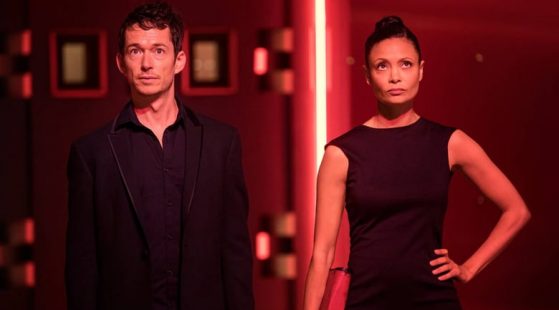
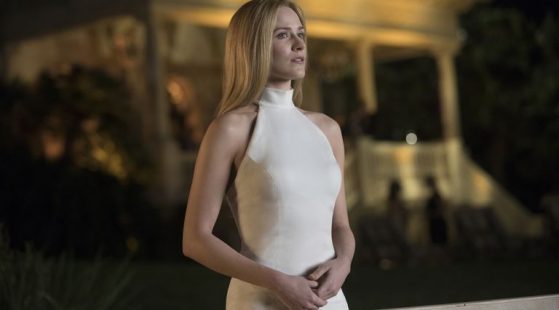
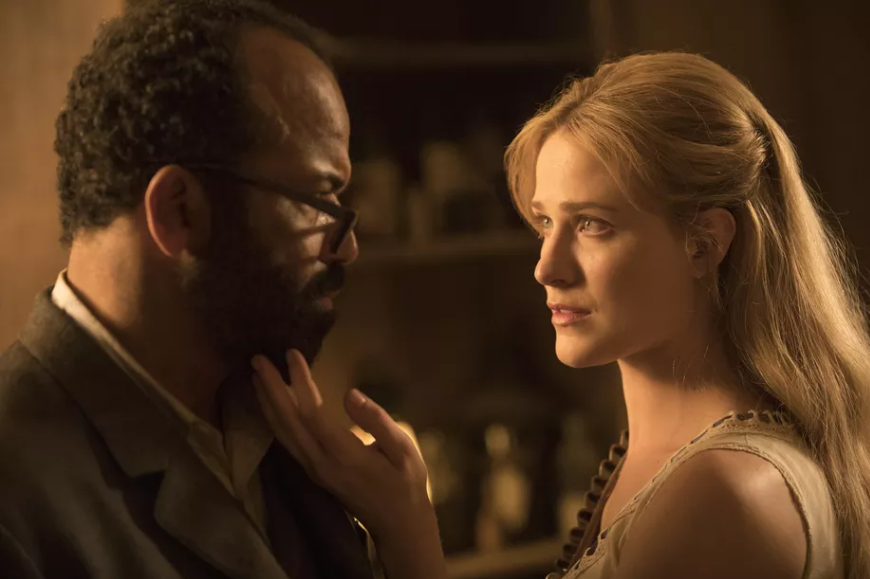
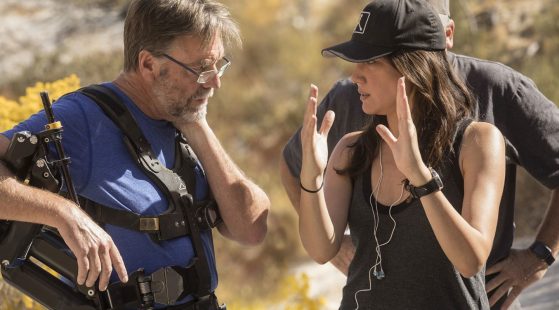
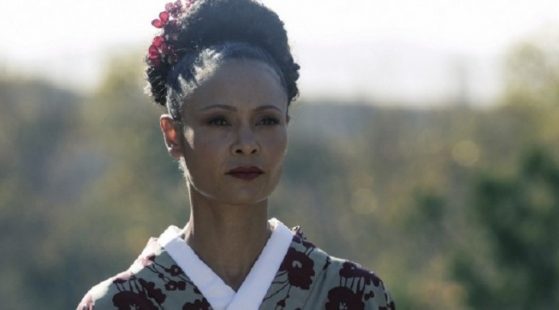
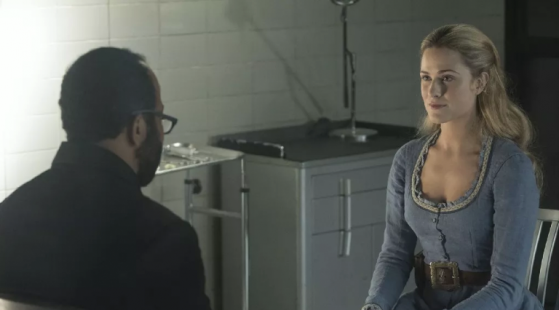
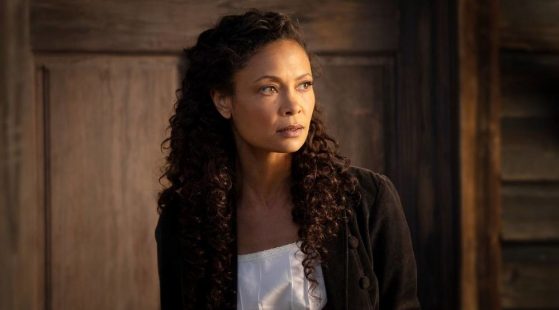
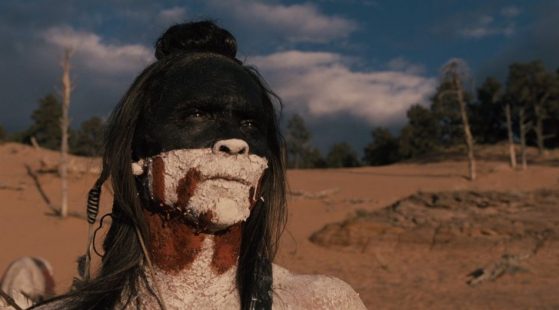
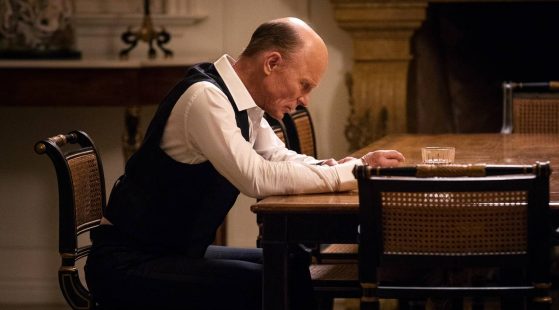
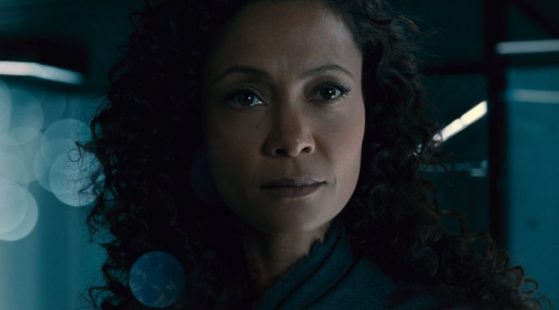
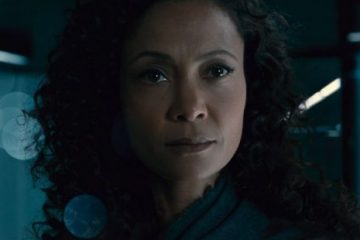
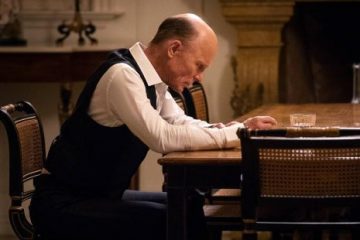

0 Comments